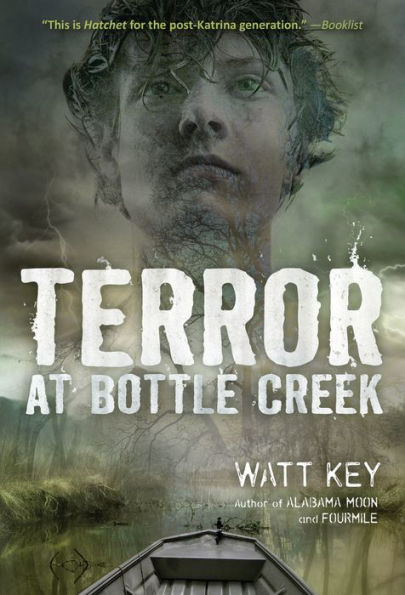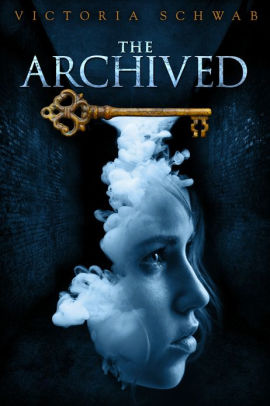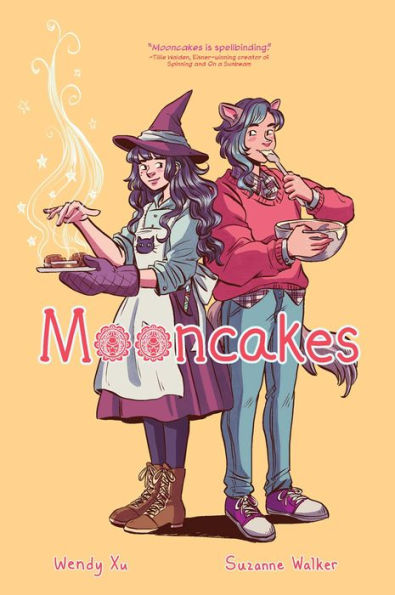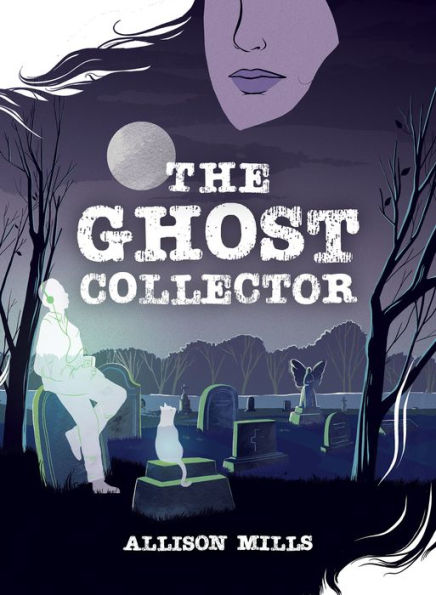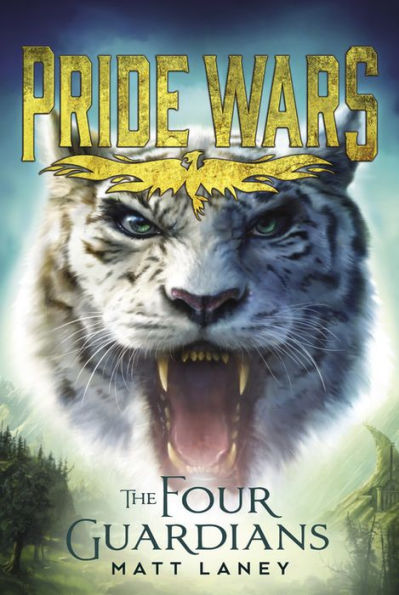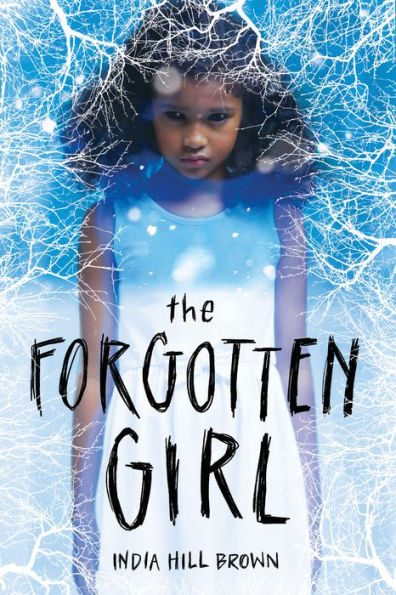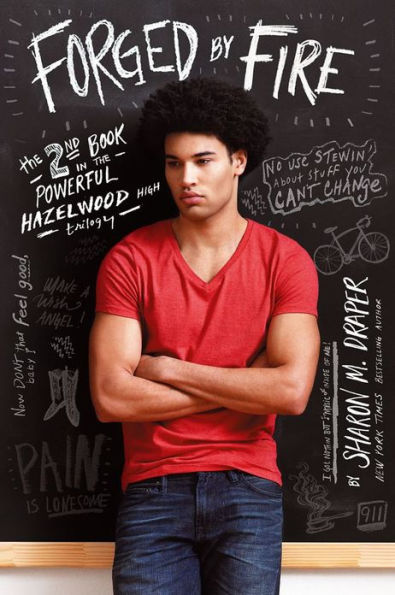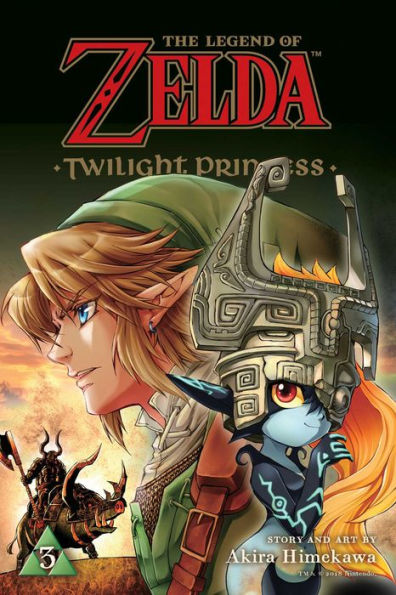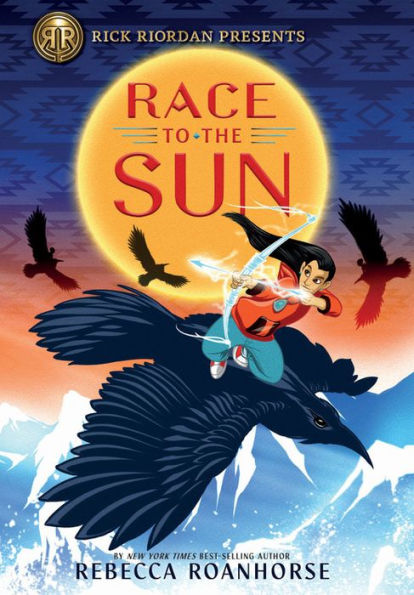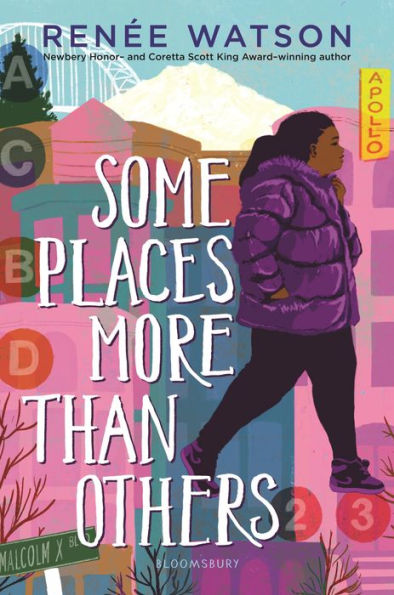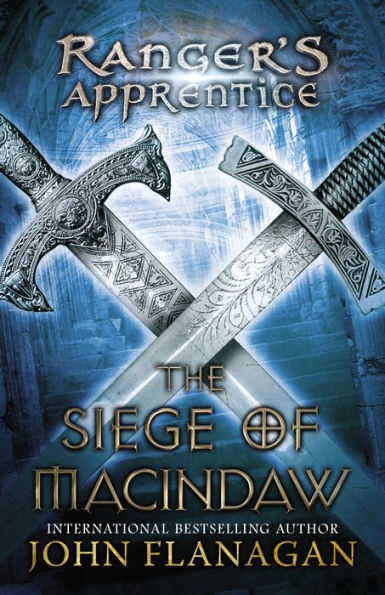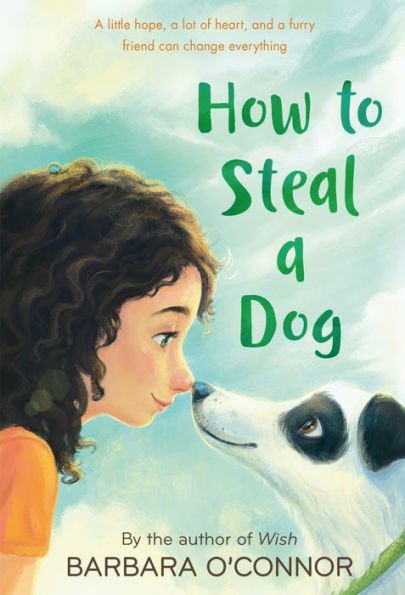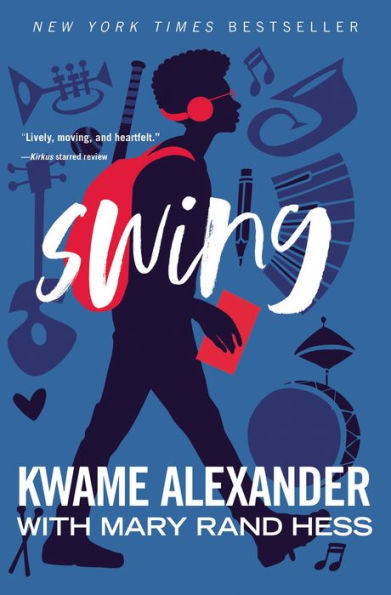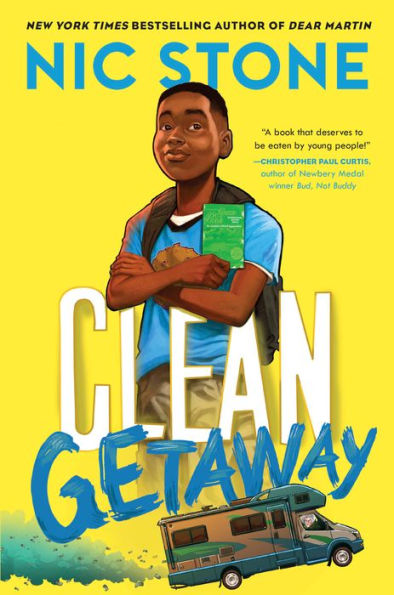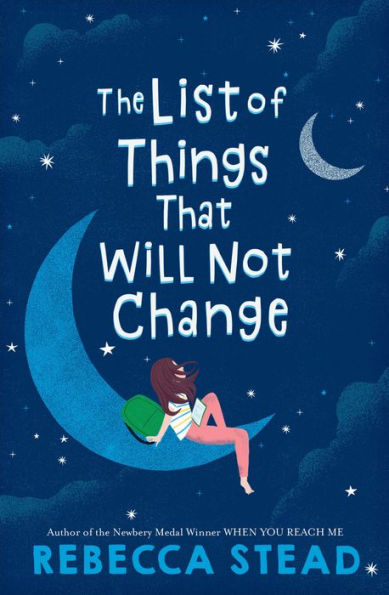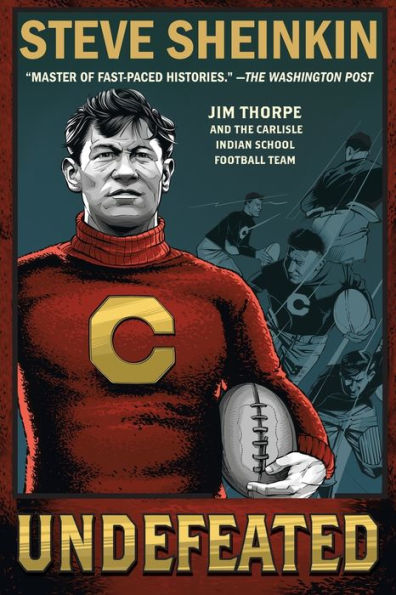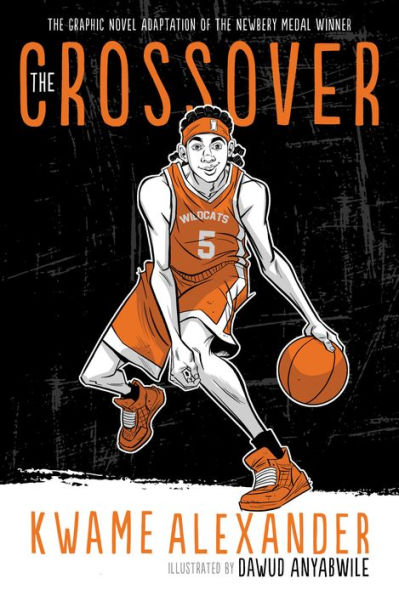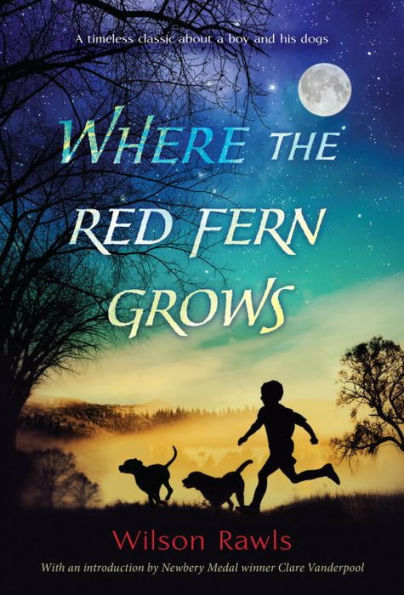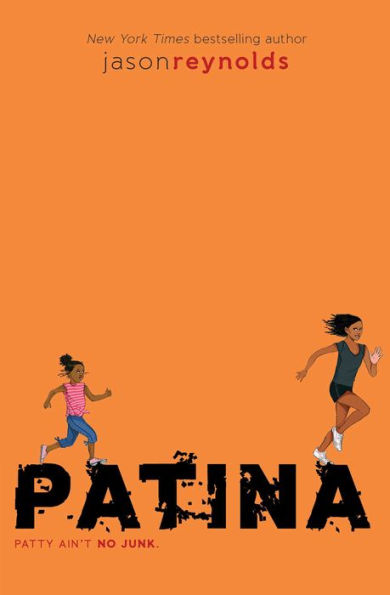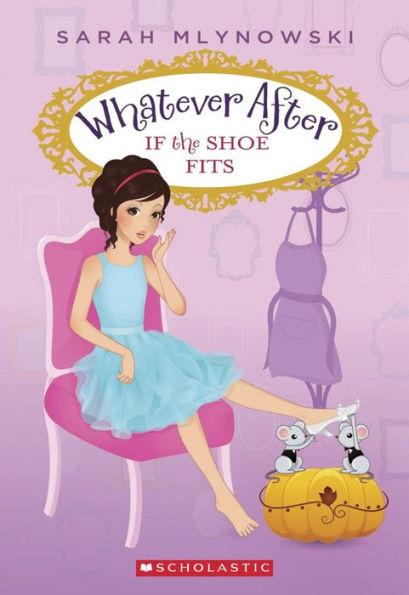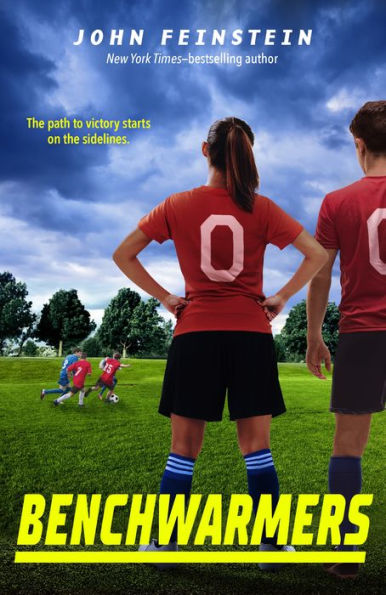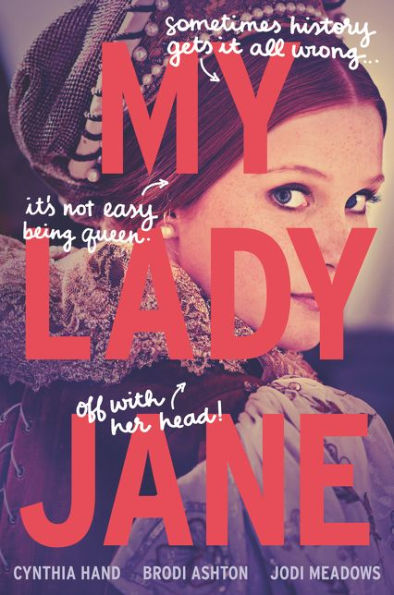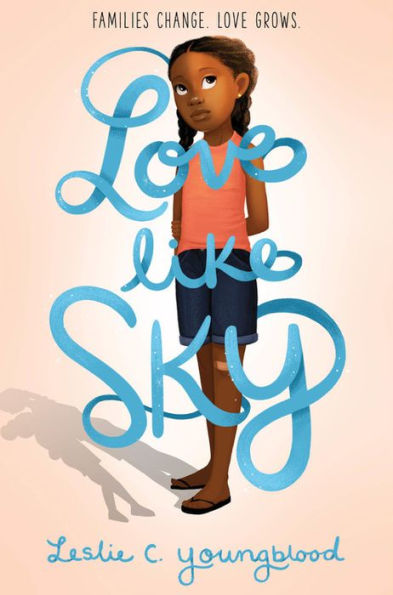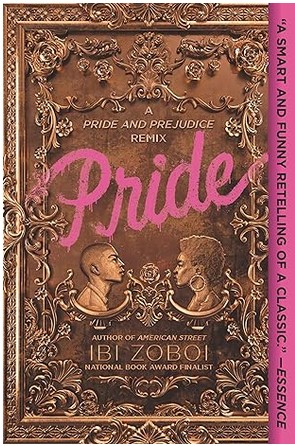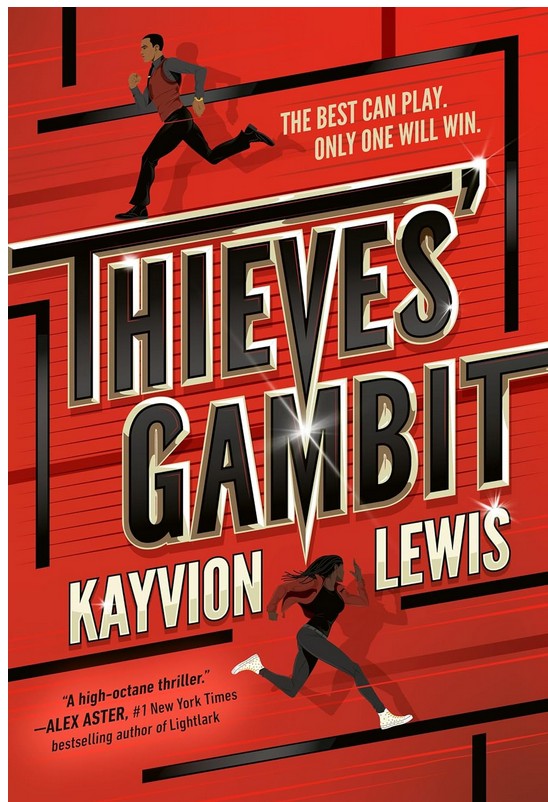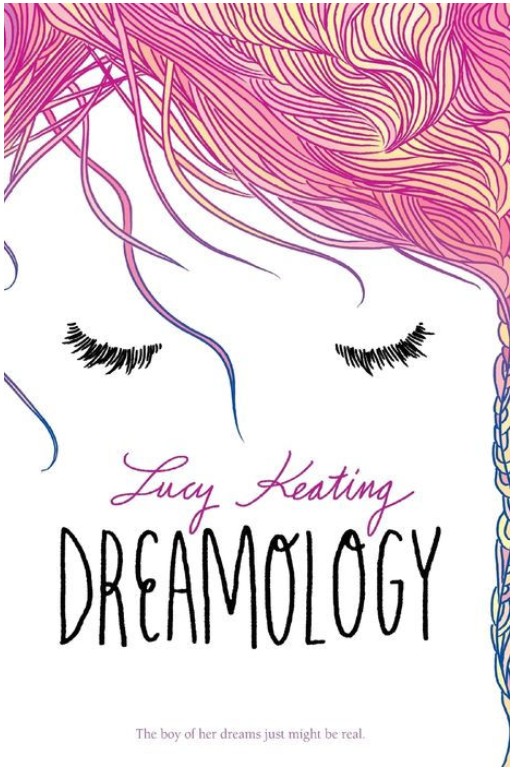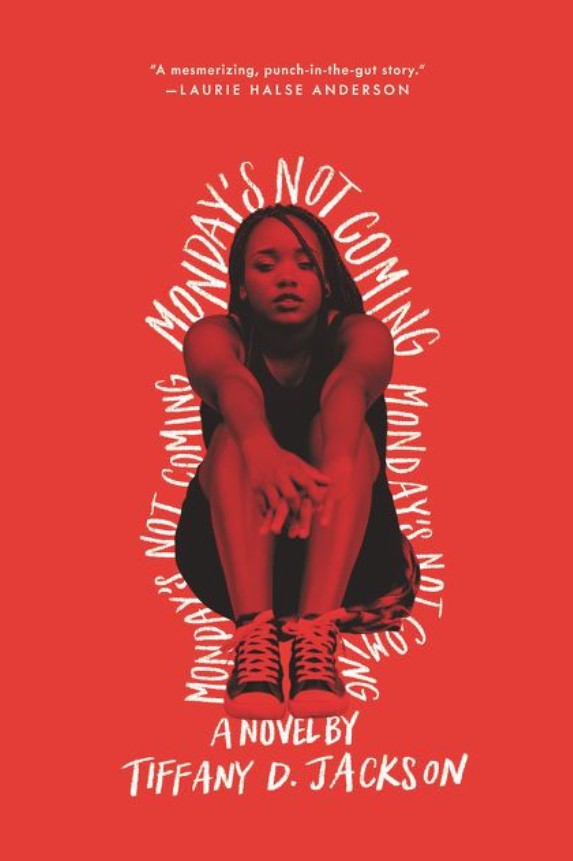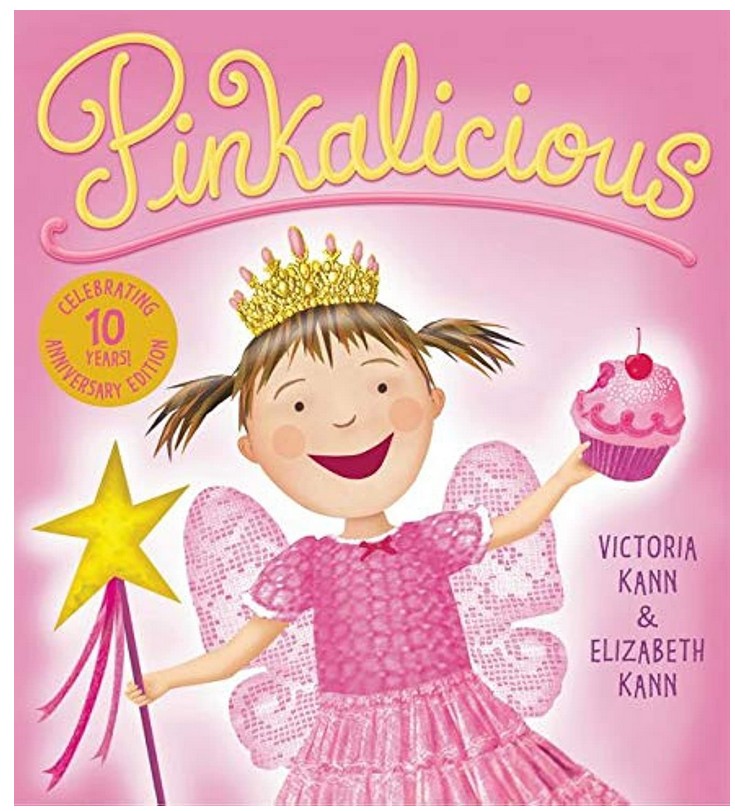Cort’s father is a local expert on hunting and swamp lore in lower Alabama and has been teaching his son everything he knows. But when a deadly Category 3 storm makes landfall and his father disappears, thirteen-year-old Cort must unexpectedly put all his skills—and bravery—to the test.
One catastrophe leads to another, leaving Cort and two neighbor girls to face the Gulf Coast hurricane the best they can. Lost in the middle of storm-thrashed wetlands, the three face dangerous, desperate wild animals, it’s up to Cort to win—or lose—the fight of their lives.
Terror at Bottle Creek sweeps readers into the Alabama swamps and shows the dangers that lurk beneath the water and on land. With the Bottle Creek Indian Mounds as a backdrop, the story creates an eerie and terrifying tone that will have readers biting their nails. Vicious hogs, deadly alligators, and other swamp creatures all head to higher ground during the storm. In order to survive, Cort and his two neighbors must face a hurricane, wild animals, hypothermia, a venomous snake bite, and their own fears.
Readers will relate to Cort, who is embarrassed to live in a houseboat and wishes his life was different. Cort also struggles to understand his changing feelings for his childhood friend, Liza. As Cort tries to save Liza and her sister, he faces difficult choices, but he tackles them with bravery and compassion. As he fights to survive in the swamp, he thinks of the lesson his father taught him. However, his memories also reveal angry feelings towards his father. Cort’s emotional struggles are interwoven with intense survival scenes, allowing the reader to empathize with Cort. By the end of the story, Cort realizes his value does not come from where he lives, but from his character.
While Terror at Battle Creek has some typical elements, the story’s suspense and unexpected events will have readers jumping with fright. Terror at Battle Creek is an excellent survival story that will leave readers with an appreciation of the beauty and dangers of the Alabama swamps. Readers who enjoyed Terror at Battle Creek will also like
Sexual Content
- None
Violence
- Cort thinks about hunting swamp animals. Some people use dogs to track and corner hogs. “The dogs are often gored or killed in the fight. I’ve seen them back away with their cheeks hanging open or their intestines hanging from their belly, blue and bloody and leaf-pasted.”
- When Cort was ten, he got out of the boat to pick grapes and a hog charged at him. The hog “bowled me over, bit onto my thigh, and shook me like a doll. It happened so fast I didn’t have time to react. Dad was quick to fire a shot into the air with his rifle. That startled the sow. . . I learned that wild pigs won’t hesitate to attack. And kill you. And eat you.”
- Cort helps get Francis and Liza into a tree. “A sharp pain sliced across my leg and something bulky and hairy knocked me against the tree. . . The hogs closed in beneath us, blocking our escape. . . I came up the opposite side from them, my leg throbbing with pain. I put the light on it and saw a three-inch tear in my thigh. Blood ran down my leg, thick and pink and watered down like cherry Kool-Aid.”
- A wild hog named Rusty attacks the tree that Cort, Liza, and Francis are hiding in. “The other pigs were picking through the leaves, finding dead and live snakes and eating them. Rusty suddenly charged one of them and toppled it into the underbrush. What followed was a deafening blend of squeals over a blur of brown and black hair. . .” Rusty reappears with bloody tusks.
- Rusty attacks the boat that Cort and his dad are in. Cort’s dad is able to get a rope loop around Rusty’s head, and Cort “slammed the boat into reverse as Rusty squealed and swung his head and battered the side of the boat like someone beating a metal barrel with butcher knives.” Cort’s dad is able to tie the hog to a tree.
- Rusty and a bear get into a fight. “Bear and hog rolled in a tangled blur of snarling and squealing frenzy. Teeth and claws and tusks and hooves gleamed and slashed beside us like a whirlwind of knives. . . The hog managed to get on top again and I thought I detected the bear weakening. The wounds in his chest were deep, and his fur was wet and matted and gleaming a purplish color from all the blood. While the hog had gaping wounds about his body from the tearing claws, he didn’t seem slowed. . .The bear kept his lock on the hog, his snarls sounding more like weak sighs. Rusty gurgled and kicked occasionally, the life slowly leaving him.” The fight is described over three pages. The bear kills Rusty and the story implies that the bear will die as well from his wounds.
Drugs and Alcohol
- When Cort’s father takes two men on a hunting trip, the clients “both cracked a beer and toasted each other.” After the men get a gator, they “popped more beer and celebrated.”
Language
- Hell is used three times. When an alligator almost bites Cort, his dad says, “What the hell you doing? . . . Lord, you know better than to dive in there like that.”
- Lord is used as an exclamation twice.
- Crap is used four times. When Cort’s dad calls for an ambulance, he is told it can’t get to them. Cort’s dad yells, “Don’t give me that crap, Curly! Make it happen.”
- When a snake bites Liza, Cort says, “Dammit. Dammit. Hold on.”
- Damn is used twice. When Cort’s dad sees snakes all over, he says, “Damn snakes.”
- When Cort asks Liza about the shape of the snake’s head, she says, “I didn’t study its head, you idiot!”
- When Cort falls into the swamp, his father says, “God almighty!”
Supernatural
- None
Spiritual Content
- Cort’s dad says, “Snakes are just cold and evil. You can’t breed it out of them. It’s like reptiles got a different God.”
